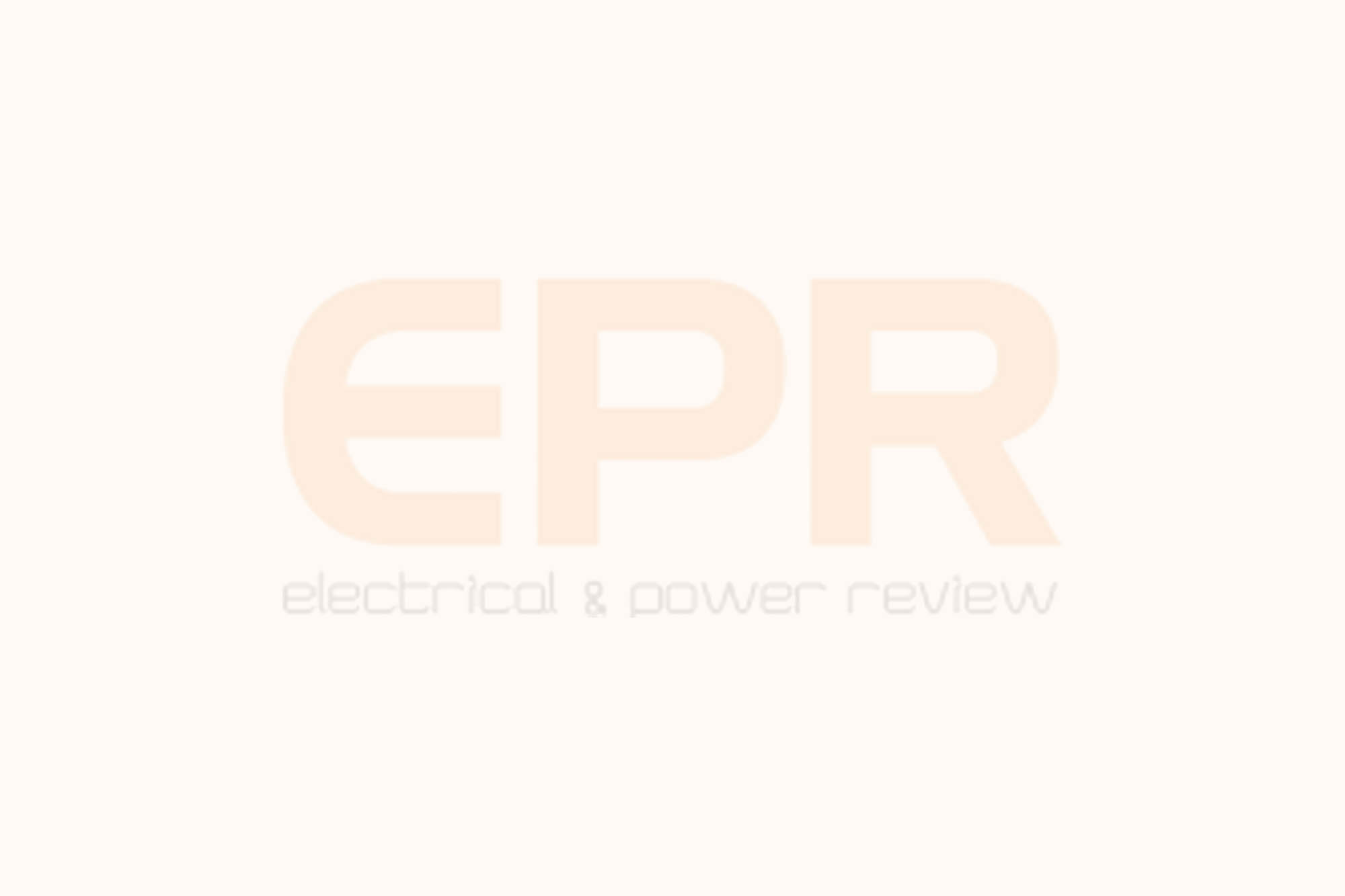Toshniwal assures reliable flow measurement
By EPR Magazine Editorial October 13, 2016 3:41 pm IST
By EPR Magazine Editorial October 13, 2016 3:41 pm IST

Wherever liquid, vaporous and gaseous media need to be reliably metered, controlled and regulated, that’s where Toshniwal products are used
Flow measurement plays a critical role in the petroleum industry for producers of both crude oil and natural gas and in the chemical petrochemical IndustryAfter crude oil is removed from the ground, it passes a number of custody transfer points before reaching a refinery.
Oil is measured in the refinery, and refined products are measured as they leave the refinery. With a product so valuable, it is important to know how much is being transferred at many points along the way.
Flow meters also play an important role in this market. These include turbine, positive displacement (PD), and differential pressure (DP).
Traditional flow meters have been in the market for more than 70 years. Some of these meters, such as turbine, differential pressure and positive displacement.
Trend towards newer technology has been in the works for more than 15 years. This newer flow sensor technology is not only experiencing the most promising growth rates, but taking considerable market share away from the older, more traditional flow sensors.
Flow transmitter technologyPositive displacement flow meters operate by capturing the fluid in small compartments whose size is exactly known. The meter counts how many times this capturing occurs. This value is then converted into a flow rate, sometimes by the use of a flow computer. The history of PD meters goes back to the early 1800s. Fluid flow initiates rotation of the almost frictionless gears and the measuring chambers that are constituted by the space between the gear teeth and the housing, define a known discrete volume of liquid that pass through the meters. The rotation of the gear wheels is such that exactly one tooth pitch defines that volume.
We use cookies to personalize your experience. By continuing to visit this website you agree to our Terms & Conditions, Privacy Policy and Cookie Policy.
By EPR Magazine Editorial October 13, 2016 3:41 pm IST

Wherever liquid, vaporous and gaseous media need to be reliably metered, controlled and regulated, that’s where Toshniwal products are used
Flow measurement plays a critical role in the petroleum industry for producers of both crude oil and natural gas and in the chemical petrochemical IndustryAfter crude oil is removed from the ground, it passes a number of custody transfer points before reaching a refinery.
Oil is measured in the refinery, and refined products are measured as they leave the refinery. With a product so valuable, it is important to know how much is being transferred at many points along the way.
Flow meters also play an important role in this market. These include turbine, positive displacement (PD), and differential pressure (DP).
Traditional flow meters have been in the market for more than 70 years. Some of these meters, such as turbine, differential pressure and positive displacement.
Trend towards newer technology has been in the works for more than 15 years. This newer flow sensor technology is not only experiencing the most promising growth rates, but taking considerable market share away from the older, more traditional flow sensors.
Flow transmitter technologyPositive displacement flow meters operate by capturing the fluid in small compartments whose size is exactly known. The meter counts how many times this capturing occurs. This value is then converted into a flow rate, sometimes by the use of a flow computer. The history of PD meters goes back to the early 1800s. Fluid flow initiates rotation of the almost frictionless gears and the measuring chambers that are constituted by the space between the gear teeth and the housing, define a known discrete volume of liquid that pass through the meters. The rotation of the gear wheels is such that exactly one tooth pitch defines that volume.
We use cookies to personalize your experience. By continuing to visit this website you agree to our Terms & Conditions, Privacy Policy and Cookie Policy.